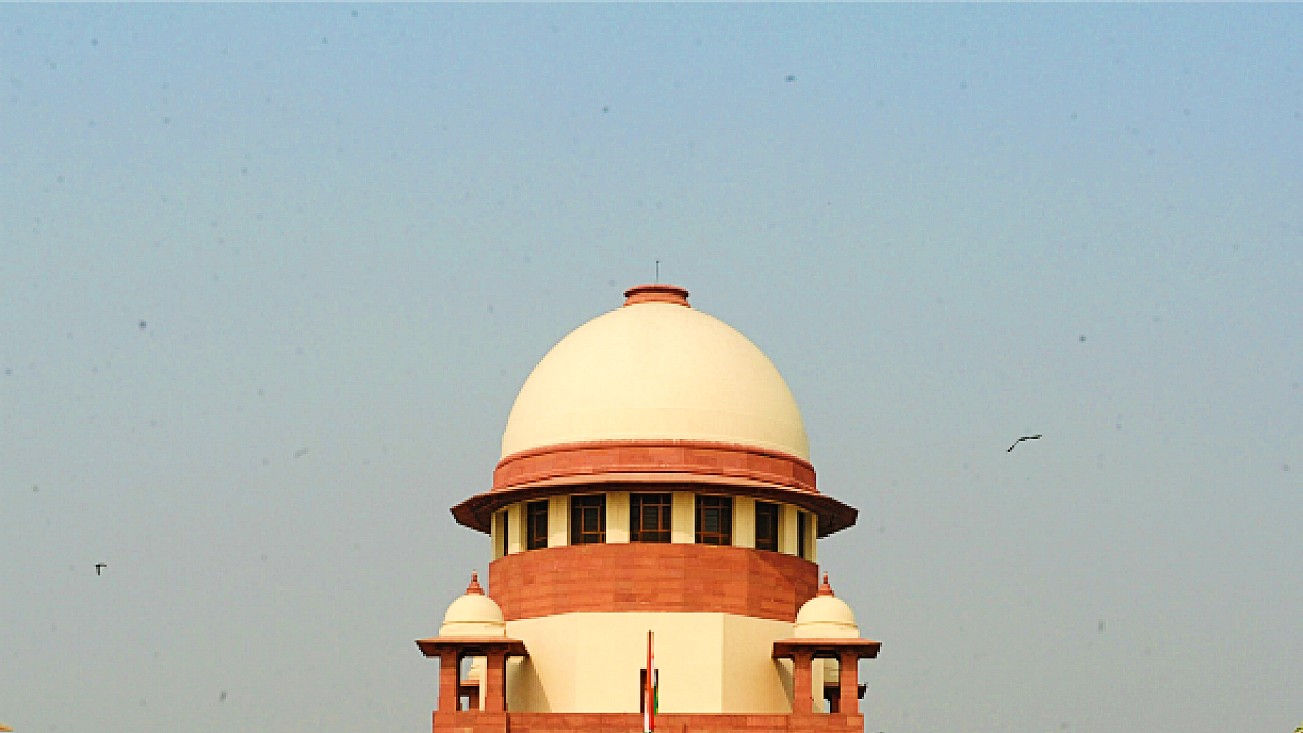IN CA 7976 OF 2019- SC-Insolvency and Bankruptcy Code supersedes Electricity Act;the hierarchy of priority accords government debts and operational debts lower priority than dues owed to unsecured financial creditors: Supreme Court
Justice Ravindra Bhat and Justice Dipankar Datta [17.07.2023]

Read More: PaschimanchalVidyutVitranNigam Limited v. Raman Ispat Private Limited
Simran Singh
New Delhi, July 18, 2023: Dealing with a case pertaining to the priority of electricity dues owed by a corporate debtor during the liquidation process under the Insolvency and Bankruptcy Code, 2016 (IBC),the Apex Court has held that Section 238 of the IBC overrides the provisions of theElectricity Act, 2003.
The Division Beach comprising of Justice Ravindra Bhat and Justice Dipankar Datta stated that the provisions of the IBC treat the dues payable to secured creditors at a higher footing than dues payable to the Central or State Government.The Bench expatiated through the scheme of IBC especially the 'waterfall mechanism' under the Section 53 IBC and noted that the government debts have lower priority than the debts owed to unsecured financial creditors.
“The priority of claims, indicated in the hierarchy of preferences, under the waterfall mechanism is therefore: Firstly, insolvency resolution process costs and the liquidation costs; Secondly, workmen’s dues for the period of 24 months preceding the liquidation commencement date and debts owed to a secured creditor in the event such secured creditor has relinquished security; Thirdly, wages and any unpaid dues owed to employees other than workmen for the period of 12 months preceding the liquidation commencement date; Fourthly, financial debts owed to unsecured creditors; Fifthly, any amount due to the central government and the state government and debts owed to a secured creditor for any amount unpaid following the enforcement of security interest; Sixthly, any remaining debts and dues; Seventhly, preference shareholders; and Eighthly equity shareholders or partners. This hierarchy or order of priority thus accords government debts [clause (e)] and operational debts [clause (f)] lower priority than dues owed to unsecured financial creditors.” The Court noted that the Judgment in the case of Rainbow Papers (Supra) did not notice the ‘waterfall mechanism’ under Section 53.
In the matter at hand, PaschimanchalVidyutVitranNigam Limited (appellant), an electricity distribution company, claimed it had a charge over the corporate debtor's assets for unpaid electricity dues. The Supreme Court examined the provisions of the IBC and the Electricity Act and noted that while the Electricity Act provided a mechanism for recovery of electricity dues, Section 238 of the IBC overrode all other laws. The Code's waterfall mechanism under Section 53 prioritises the dues of secured creditors over government dues.
The National Company Law Tribunal, Allahabad had set aside an attachment of the property of the respondent-corporate debtor which was over electricity charge dues to the appellant and held that it could realise its dues by participating in the liquidation process as per the IBC which was also upheld by the NCLAT.
While relying on State Tax Officer v Rainbow Papers Limited it was contended that the Electricity Act was a special enactment, and would prevail over the IBC, which was a later general law, dealing with insolvency. On the other hand, the respondent-liquidator contended that the provisions of the IBC would prevail and have overriding effect.
It was stated that “The careful design of Section 53 locates amounts payable to secured creditors and workmen at the second place, after the costs and expenses of the liquidator payable during the liquidation proceedings. However, the dues payable to the government are placed much below those of secured creditors and even unsecured and operational creditors. This design was either not brought to the notice of the court in Rainbow Papers (supra) or was missed altogether. In any event, the judgment has not taken note of the provisions of the IBC which treat the dues payable to secured creditors at a higher footing than dues payable to Central or State Government.” The Bench noted that the Rainbow Papers dealt with a case relating to resolution process and not liquidation process, the Court opined that the judgment in Rainbow Papers had to be confined to the facts of that case.
The court held that while the appellant had a charge over the corporate debtor's assets, its dues did not constitute ‘government dues’ under IBC, however itwas a secured creditor who have a higher priority under the Code's waterfall mechanism compared to government dues.
However, the Court directed the liquidator to decide the appellant’s claim in accordance with law and complete the process within 10 weeks. Ultimately, the Supreme Court dismissed the appeal subject to this direction.
Sign up for our weekly newsletter to stay up to date on our product, events featured blog, special offer and all of the exciting things that take place here at Legitquest.




Add a Comment